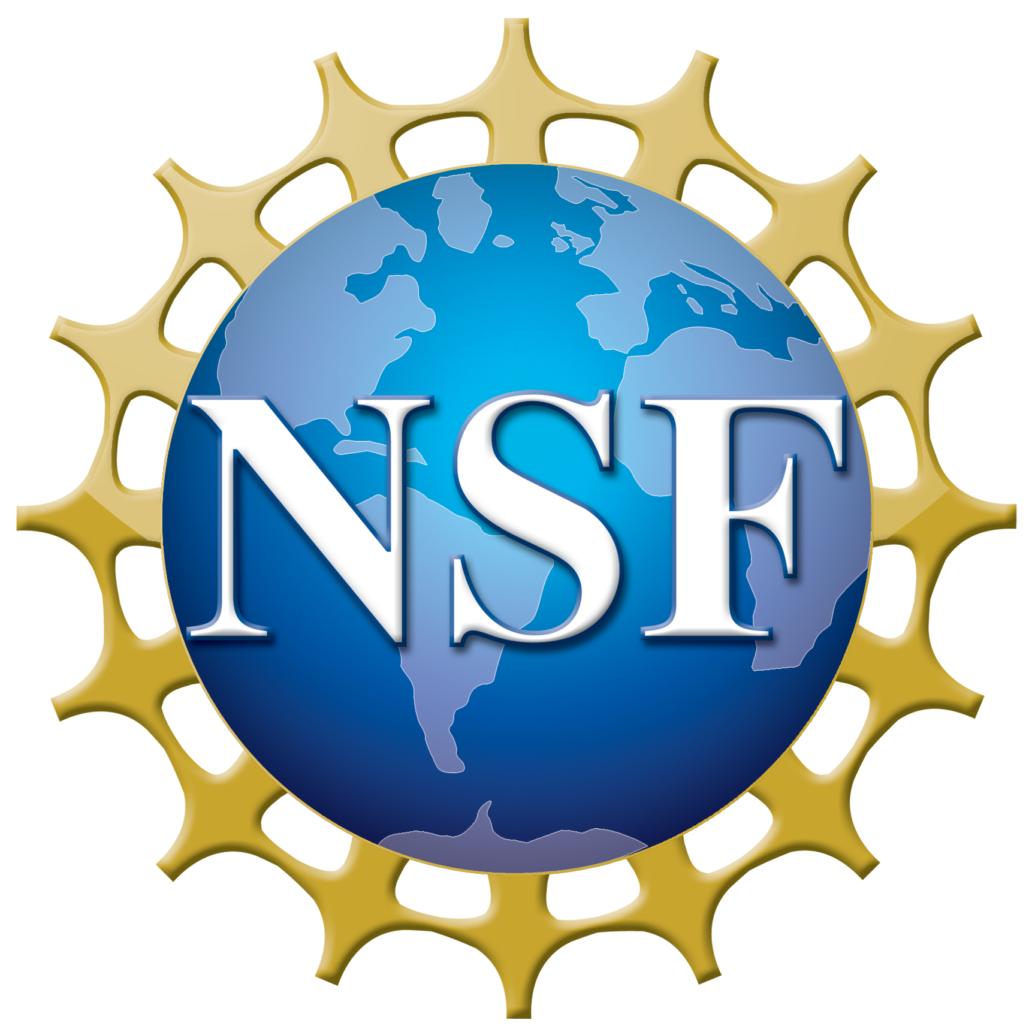“Data have no value or meaning in isolation. They exist within a knowledge infrastructure – an ecology of people, practices, technologies, institutions, material objects, and relationships.”
(Christine L. Borgman, 2015)
EarthChem collaborates and partners broadly with members of the science community, with research data and analytical facilities, and with community initiatives:
- To maximize the utility and impact of EarthChem’s data systems;
- To broaden community participation in the design, development, and operation of data services;
- To enable global networking of data resources for geochemistry, petrology, and mineralogy through consistent data best practices and technical standards;
- To promote the implementation and adoption of best practices for data sharing and use;
- To leverage resources and minimize duplication of effort in the development of research data infrastructure;
- To advance the impact of research data infrastructure for the benefit of science and society.
The list below provides a summary of funded and unfunded collaborations.
Network Hub: Enabling, Supporting, and Communicating Critical Zone Research (NSF-2012593)
Collaboration with CUAHSI (J. Bales), Utah State University (J. Horsburgh, D. Tarboton), and Pennsylvania State University (to establish the coordinating hub of the Critical-Zone Collaborative Network to provide cyberinfrastructure, data management, and community services that support the Critical Zone Thematic Clusters.
A data-driven modeling infrastructure to support research and education in volcanology, geochemistry and petrology (EarthCube Data Capabilities, NSF-2026916)
Collaboration with OFM-Research (M. Ghiorso), California Institute of Technology (P. Antoshechkina), and South Dakota School of Mines & Technology (G. Ustunisik, R. Nielsen) to integrate data resources available at EarthChem with thermodynamic and geodynamic modeling capabilities found in the ENKI software framework to support research and education for the volcanology, geochemistry, and petrology (VGP) community.
Reducing Time-To-Science in the Earth Sciences: Annotations to foster convergence, inclusion, and credit (EarthCube Data Capabilities, NSF-1928333)
Collaboration with to develop the Throughput Annotation Engine (TAE) as a solution to the challenge of managing interdisciplinary workflows by providing multiple points of entry to access, annotate and interact with data, and to link code, data, publications, or other elements to one another.
Open Core Data: Transformative Data Infrastructure for Integrating and Accessing Scientific Drilling and Coring Data (NSF-1550887)
Collaboration with Consortium for Ocean Leadership (D. Fils) and University of Minnesota (A. Noren) to develop a federated data infrastructure that will ensure optimal access and re-usability of the data generated through drilling and coring projects.
Internet of Samples: Toward an Interdisciplinary Cyberinfrastructure for Material Samples (CSSI Frameworks, NSF-2004839)
Multi-disciplinary collaboration with the University of Arizona (R. Walls), University of Kansas (D. Vieglais), University of California Berkeley (N. Davies, J. Deck, J. Kunze), Open Context (S. & E. Kansa), and the Smithsonian Institution (C. Meyers) to develop a national digital infrastructure that will provide services for globally unique, consistent, and convenient identification of material samples; metadata about them; and linking them to other samples, derived data, and research results published in the literature.
EARThD Project (NSF-1753734. NSF-1753738)
Collaboration with Erin DiMaggio (Penn State University) and Sara Mana (Salem State University) to compile East African Rift tephra data in PetDB and contribute to testing and improving software tools for data ingestion.
Tephra Best Practices (NSF-1846400)
Collaboration with Marcus Bursik (University at Buffalo, PI of Tephra 2020 Workshop) and Stephen Kuehn (Concord University), member of the Tephra 2020 Working Group and PI of the THROUGHPUT project (NSF EAR-1740669), to implement data best practices for the tephra community at EarthChem.
StraboSpot (NSF-1639748)
Collaboration with Basil Tikoff (University of Wisconsin) to implement IGSN in StraboSpot, and explore use of StraboSpot technology for PetDB visualization.
Mantle Xenoliths & SESAR Registration API
Collaboration with Adam Mansur (Smithsonian Institution) to improve APIs for registering museum samples and to facilitate compilation of geochemical data for mantle xenolith samples at NMNH.
US Polar Rock Repository (NSF 1643713)
Collaboration with Anne Grunow (Ohio State University) to compile data for Antarctic samples in PetDB.
Geochemical Data for Alaska Volcanics
Collaboration with Janet Schaefer (Alaska Volcano Observatory) to integrate geochemical data in the GeoDIVA database of the Alaska Volcano Observatory with the EarthChem Portal.
DataONE
Collaboration with Matt Jones to make SESAR sample metadata discoverable via DataONE Search.
GeoCodes/Project P419
Development of schema.org approaches for SESAR landing pages to describe samples in alignment with the GeoCodes vocabularies.
AuScope Geochemistry Network
Collaboration with Tim Rawling (AuScope), Bent McInnes (Curtin University), and Lesley Wyborn (Australian National University) to establish a global initiative to develop international data standards and network for geochemistry.
Funded by the US National Science Foundation (NSF)














